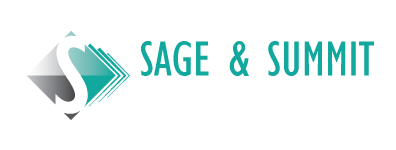“It [burnout] represents an erosion in values, dignity, spirit and will – an erosion of the human soul” Christina Maslach.
Before Covid, burnout was a reality in many lives. In a Gallup study, 23% of 7700 respondents stated that they felt burnout at work. Ten months into the pandemic, mental health across North America is at an all-time low. Being burnt out is a horrible feeling – it exacerbates everything we feel about the world we live in right now. It is also something that is widely studied and there are strategies to conquer the beast.
- Recognize:
You can recognize signs of burnout by 3 core symptoms:
- Exhaustion: Characterized by feelings of being overextended, feeling emotionally drained, having trouble sleeping, getting sick more often, struggling to concentrate.
- Cynicism: Categorized as a lack of engagement, indifference, or distant attitude towards your work.
- Inefficacy: Characterized by a lack of belief in your ability to perform your job well. This is also a measure of your satisfaction with past and present accomplishments and predicts a decrease in achievement and productivity.
(Psychology Compass/blog/burnout-recovery-guide)
2. Respond:
According to Dr Jacinta Jemiñez, burnout is a result of a mismatch between the nature of our work and our capacities as humans. She identifies 6 areas in a work environment that, when misaligned can lead to burnout – values, fairness, workload, rewards, community and control.
The wave of burnout I currently see in my coaching practice strongly relates to a lack of community and control, and workload. The first two are quite obvious, given lockdown after lockdown. The third one is more insidious – with the benefits of work from home, if you don’t know what to do, you can always work. There is not necessarily a heavy workload, but work is always there.
Once we pinpoint the major cause/s of burnout, we can strategize to remedy the situation.
For example – if it’s workload – unpack the to – do list, reevaluate deadlines, and determine a time every day to STOP working, close the office door, or pack the work away and do other things. Phone a friend, walk, engage in a hobby.
3. Replenish:
Selfcare, selfcare, and again…take care of self. We have all heard that you cannot pour from an empty teacup, and you put the oxygen mask on yourself first.
- Develop a list of micro habits that energize you and do at least one every day.
- Plan and schedule larger activities to reset and re-energize.
We have a lot to learn from professional sports. After a big game, or a period of high performance, they rest. Take a deliberate break to restore their muscles, energy and mindsets.
Those same principles are relevant to work and any form of engagement that takes energy from us – take a break.

